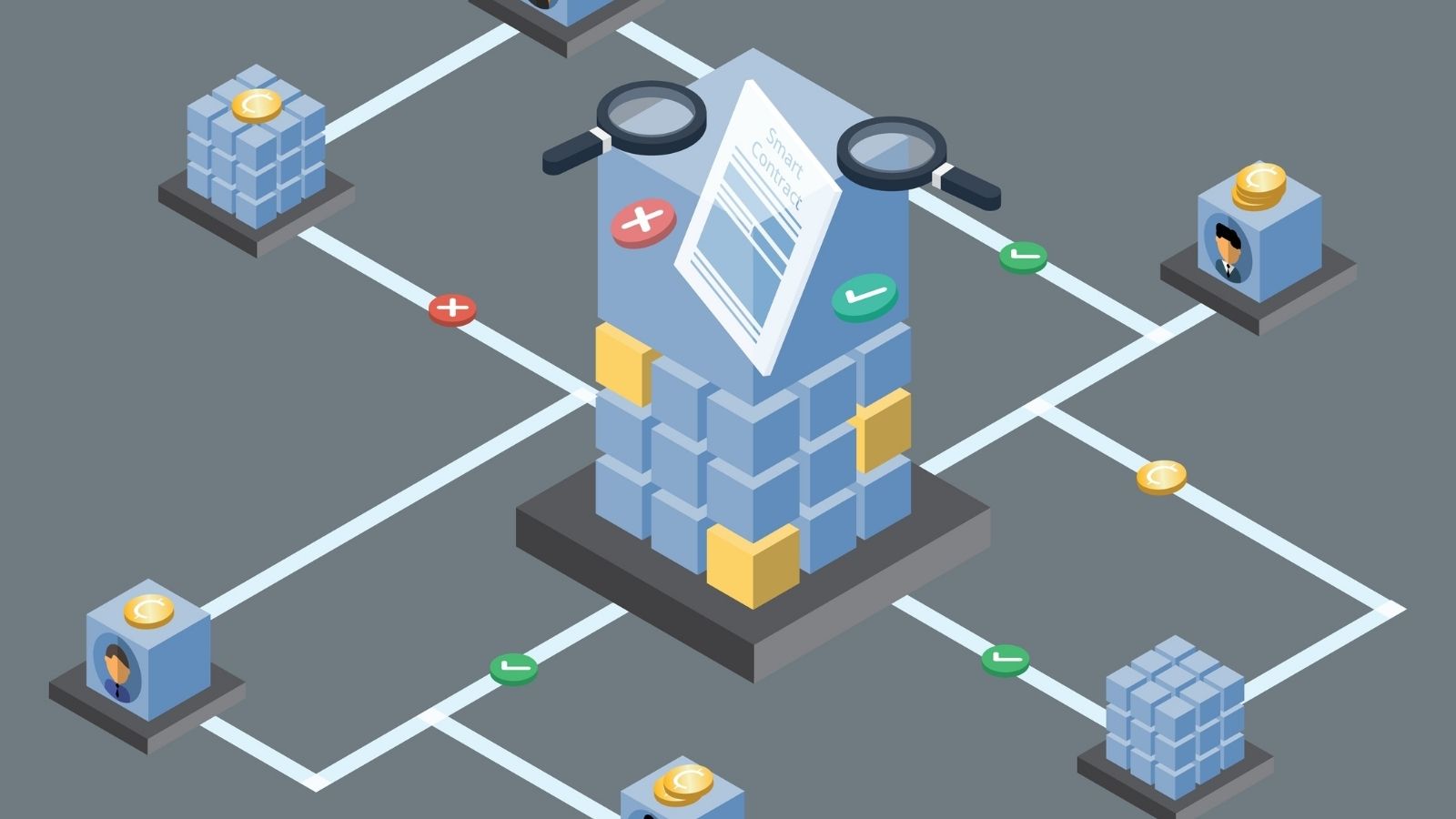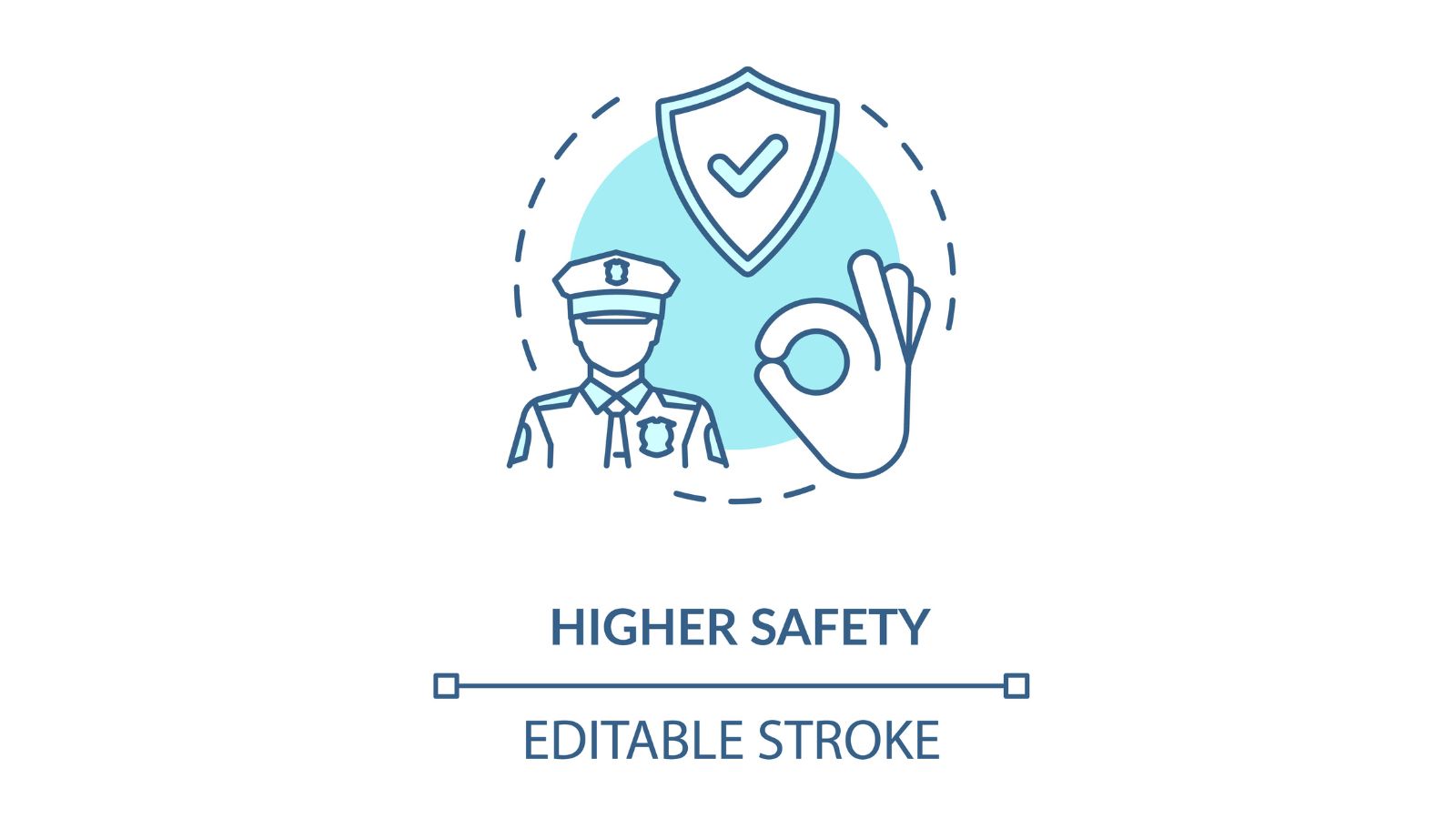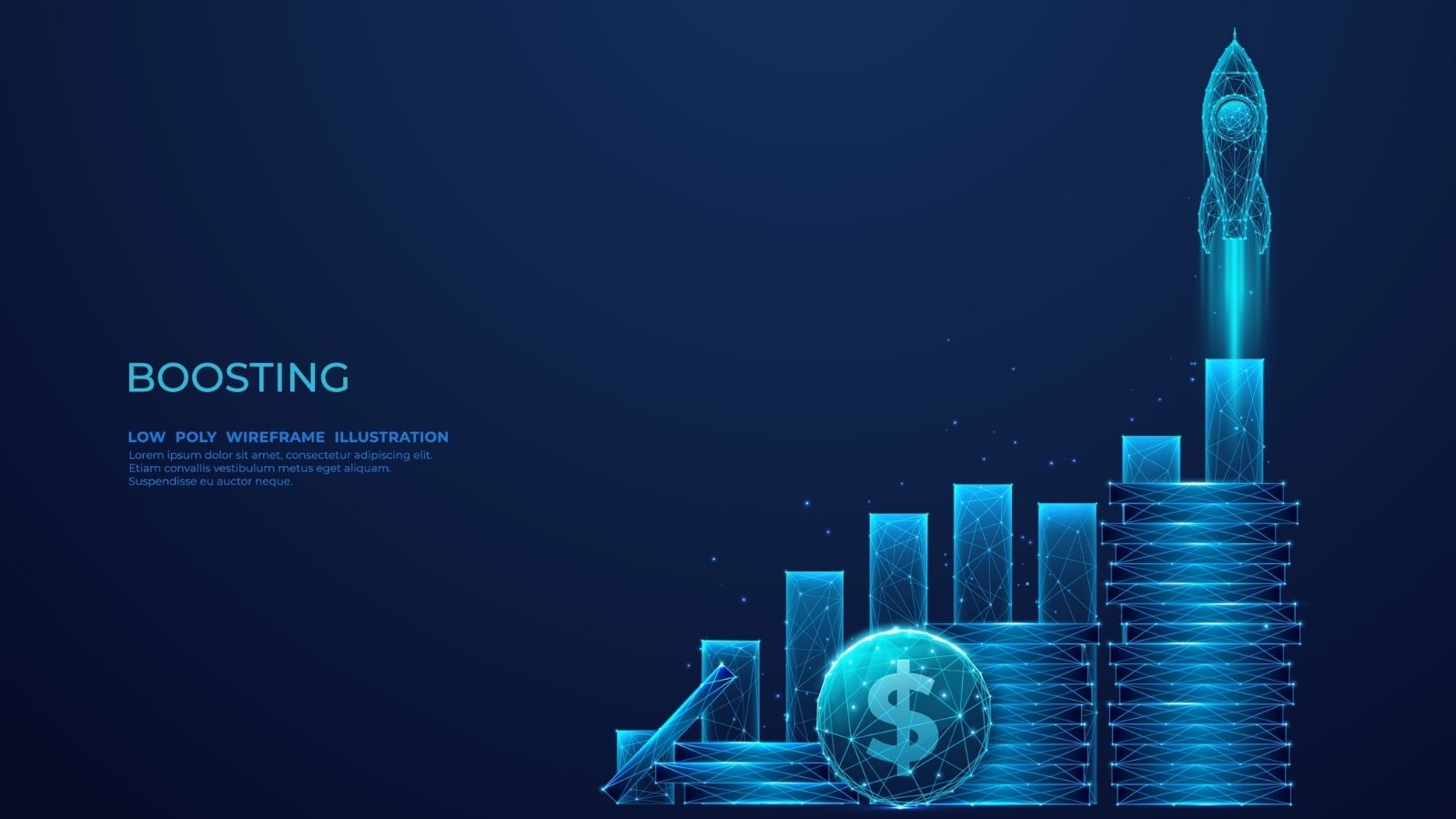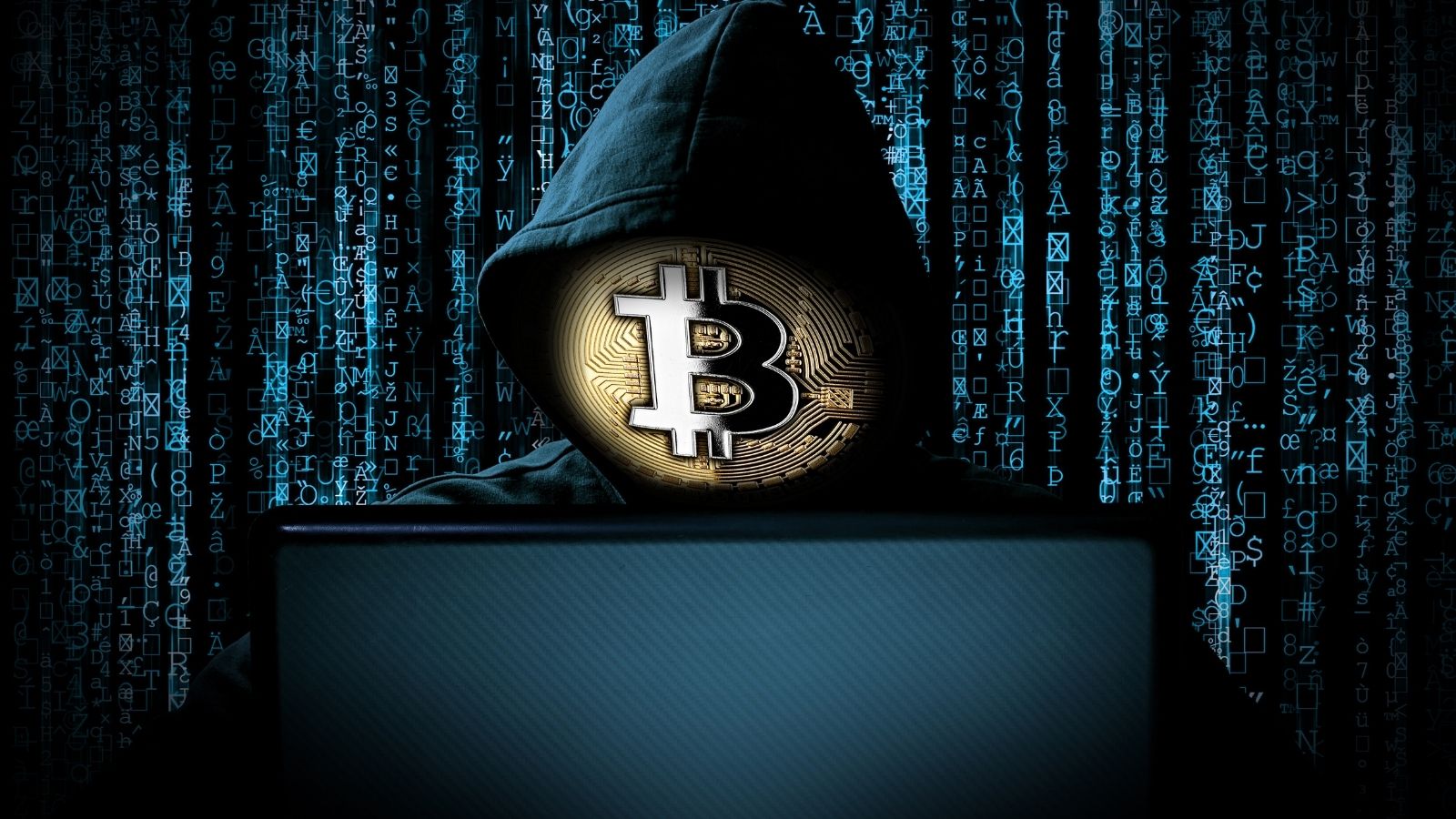Imagine a world where money transcends borders, transactions are instantaneous, and security is ironclad. That’s the promise of Blockchain, a technological marvel gaining prominence in the last decade. People often associate blockchain with cryptocurrency, but its range of uses has expanded beyond the crypto world. Blockchain is a database that maintains secure and decentralized records of transactions. Data is stored in the form of blocks that are linked through cryptography. Its decentralized nature ensures that no individual or group has control over it. Blockchain uses technology and innovation to ensure safe and secure uses and may soon replace fiat currencies. These are 8 reasons blockchain will replace regular currency within 10 years:
Advanced Monetary System

The use of technology in blockchain currency gives it highly advanced features and capabilities not found in standard currency. Blockchain’s technological features ensure more secure transactions, higher transparency and access to shared ledgers by all parties, quicker and easier transactions, and more privacy. The technology used to create blockchain-dependent currencies like cryptocurrencies is decentralized and offers users more autonomy over their finances. These characteristics make using blockchain currencies more appealing to many people worldwide, leading to its potential replacement of regular currencies.
Lower Costs

Transaction fees for regular currencies are usually set by financial institutions that take multiple considerations before asking for a particular transaction fee. These fees usually include costs based on the kind of card payment or cheque used, third-party costs, which are costs for maintaining third parties, wiring costs, etc., which can all rack up high transaction fees. Blockchain and cryptocurrency transaction fees are determined by miners and users, who also can determine how much transaction fees they are willing to pay. There are no additional considerations that often lead to lower transaction costs.
More Trust

Blockchain currencies do not use any third parties to ensure the validity of transactions. On the other hand, normal currency transactions require third parties to ensure that a transaction is valid. Many times, these third parties have violated the trust placed on them by individuals through unethical practices, which have had significant repercussions on individuals. Blockchain’s ability to verify and ensure that all transactions are valid ensures more trust and lower costs, as there are no third-party fees. The trustworthiness feature of blockchain allows individuals to freely make transactions without fear of having their money stolen. It may soon be one of the reasons why normal currency will be replaced.
Decentralized Control

One of the main features of blockhain is decentralization, which plays an important role in who has control of financial services. Traditional financial institutions dealing with normal currencies can deny their services to individuals for any reason. These institutions also control interest and exchange rates and can even influence demand. With blockchain’s decentralized nature, anyone can access financial services. Control over finances is given directly to the users, who can decide how and where their finances go without any interest, exchange rates, inflation, etc.
Higher Security

How the blockchain was built ensures security for all users, no matter how far it grows. The blocks on the blockchain are stored linearly and chronologically, which makes it impossible for previous blocks to be altered. If a hacker gets access to any block and changes its data, the network will reject the altered block. This is because a change in the data changes the hash of the block, which remains uniform throughout the blocks; unmatched hashes will immediately be rejected. This system gives users more security over their data and finances, which normal currencies cannot provide.
More Stability

Various factors like central banks and unstable governments determine the value of a normal currency. Although many cryptocurrencies, which are based on blockchain, are known to be volatile in their value, the blockchain itself can give individuals a more stable currency and financial system that is not determined by a financial institution or how a government functions. Blockchain gives users access to more features and applications, which they can use to access a vast network of individuals and institutions with whom they can conduct business both at the domestic and international levels.
Accessibility

Blockchain operates on the Internet, which plays a significant role in ensuring all transactions are completed smoothly. Anyone with access to a stable internet connection can access the services offered by blockchain technology in terms of its financial uses, allowing individuals to make secure and quick transactions no matter where they are. On the other hand, normal currency’s heavy reliance on banking and financial institutions requires individuals to be physically present to access certain kinds of services. Blockchain gives users more accessible access to a range of services, making it easier for individuals who do not have access to traditional banks or for anyone looking to make transactions from their homes.
Privacy and Anonymity

Another reason blockchain may soon replace normal currencies is its ability to provide users with more privacy and anonymity when making transactions or using other blockchain services. The blockchain identifies users from their wallet addresses. This means that users do not have to provide any personal information to use the services provided by blockchain. Although users can access transaction details, there will be no information about the personal details of the individuals making the transactions available.
Blockchain has presented various practical applications at the financial level that make financial services more accessible, efficient, and safe. The technology behind blockchain provides capabilities lacking in normal currencies, which may play a decisive role in how normal currency may soon be replaced. Although many individuals need to be made aware of blockchain’s capabilities, its adoption in the financial sector will represent progress and will be advantageous for people in many ways.
Alanna Rosen is an experienced content writer that focuses on many finance and educational content. Her articles are regularly published on Web3Tribe and syndicated on large publications.
